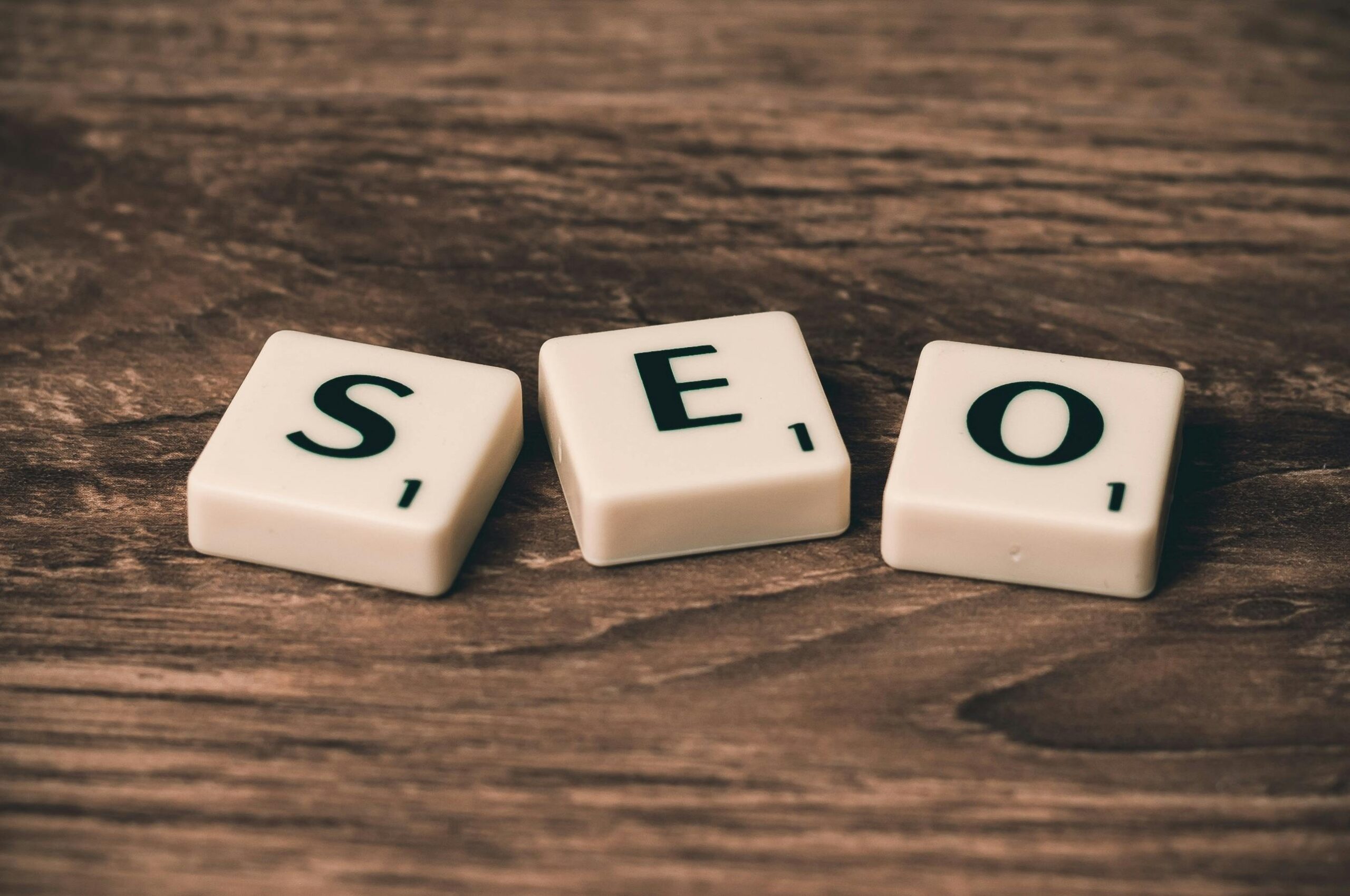Disclosure Sponsored Links: This post contains a paid-for sponsored link, meaning we have received compensation in exchange for including it. Sponsorship does not influence our content, but we believe in transparency regarding paid placements.
In today’s competitive digital landscape, standing out online is no easy feat. Search Engine Optimisation (SEO) plays a crucial role in improving visibility, ensuring businesses reach their target audience effectively. However, mastering SEO requires expertise, resources, and continuous adaptation to evolving algorithms—something not all businesses or agencies can manage in-house.
This is where white-label SEO comes in. White-label SEO allows marketing agencies, web developers, and digital consultants to offer SEO services under their own brand without investing in an in-house SEO team. By partnering with a specialised SEO provider, agencies can expand their service offerings, improve client results, and drive revenue without the complexities of managing SEO directly.
Table of Contents
Understanding White Label SEO
How Does White-Label SEO Differ from Traditional SEO Services?
Unlike traditional SEO, where businesses either hire an in-house team or work directly with an SEO agency, white label seo outsourcing allows agencies to resell SEO services from third-party providers under their own brand. This approach enables agencies to deliver professional SEO results without needing in-depth SEO knowledge, staff, or infrastructure.
Benefits of White-Label SEO for Agencies and Clients
White-label SEO offers several advantages for both agencies and their clients:
For agencies:
- New revenue opportunities: Agencies can expand their service offerings without hiring or training an in-house SEO team.
- Expertise on demand: White-label SEO providers bring specialised skills, ensuring high-quality service delivery.
- Scalability: Agencies can handle more clients without operational bottlenecks.
- Cost efficiency: Outsourcing SEO reduces overhead costs associated with hiring and training employees.
For clients:
- Professional SEO services: Clients receive expert-driven SEO strategies without engaging multiple vendors.
- Improved search rankings: Effective SEO techniques help businesses increase visibility and attract organic traffic.
- Seamless brand experience: The client interacts only with the agency, maintaining a consistent brand experience.
Common Challenges Faced by Agencies
Many agencies struggle with the demands of SEO due to:
- Limited resources: Hiring an SEO team requires a significant investment in recruitment, training, and tools.
- Constant algorithm updates: SEO best practices change frequently, making it difficult for non-specialists to stay ahead.
- Scalability issues: As client demands grow, agencies without SEO expertise may struggle to deliver consistent results.
These challenges often lead to poor SEO outcomes, lower search rankings, and client dissatisfaction. White-label SEO helps bridge these gaps by offering expert solutions without additional internal burdens.
Transforming Client Results with White-Label SEO
The real impact of white-label SEO can be seen through success stories.
Case Study: A Local Bakery’s Digital Transformation
A small bakery struggling to attract customers online partnered with a white-label SEO provider. Their strategy included:
- Local SEO optimisation to target searches like “best bakery near me.”
- Content marketing through blog posts and social media.
- Link-building campaigns to improve domain authority.
The result? A 35% increase in foot traffic and a 50% boost in online orders within six months.
Case Study: E-commerce Store Growth
An online jewellery retailer faced tough competition in search rankings. White-label SEO specialists helped them:
- Optimise product descriptions and images for search visibility.
- Conduct keyword research to target high-converting terms.
- Implement structured data markup for better search engine indexing.
This resulted in a 60% increase in organic traffic and a 20% higher conversion rate within three months.
Choosing the Right White-Label SEO Partner
Selecting the right white-label SEO provider is crucial for success. Here are key factors to consider:
1. Expertise and Industry Experience
Look for a provider with a proven track record in delivering SEO results. Check case studies, reviews, and client testimonials.
2. Transparency and Communication
Your partner should offer clear reporting and analytics on SEO performance, ensuring you stay informed.
3. Scalability and Flexibility
Choose a provider that can scale services as your agency grows, accommodating diverse client needs.
4. White-Label Reporting and Branding
Ensure that the provider offers customised reports with your branding, reinforcing your agency’s credibility.
5. Use of Ethical SEO Practices
Avoid providers that use black-hat SEO techniques, which can lead to penalties from search engines.
Conclusion
White-label SEO offers a powerful solution for agencies looking to enhance their service offerings without the complexities of in-house SEO management. By leveraging expert-driven SEO strategies, agencies can help clients achieve higher search rankings, increased organic traffic, and better conversions, all while growing their business.
Choosing the right white-label SEO partner ensures agencies maintain service quality, credibility, and long-term client satisfaction—turning invisibility into visibility in the ever-competitive digital world.








